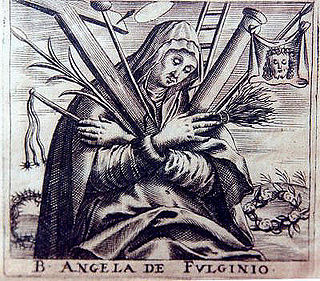A Quote by Henry David Thoreau
The slight reproach to which the virtue of patriotism is commonly liable, the noble are most likely to incur.
Related Quotes
But as the priceless treasure too frequently hides at the bottom of well, it needs some courage to dive for it, especially as he that does so will be likely to incur more scorn and obloquy for the mud and water into which he has ventured to plunge, than thanks for the jewel he procures; as like in manner, she who undertakes the cleansing of a careless bachelor's apartment will be liable to more abuse for the dust she raises than commendation for the clearance she effects.
There is probably no one, however rigid his virtue, who is not liable to find himself, by the complexity of circumstances, living at close quarters with the very vice which he himself has been most outspoken in condemning -- without altogether recognizing it beneath the disguise of ambiguous behavior which it assumes in his presence.
They who assert the purest right, and consequently are most dangerous to a corrupt State, commonly have not spent much time accumulating property. The rich man is always sold to the institution which makes him rich. Absolutely speaking, the more money, the less virtue; for money comes between a man and his objects, and obtains them for him; and it was certainly no great virtue to obtain it.
Because you've been exposed to Western tonal music, you know after a certain chord sequence what the next possibilities are. Your brain has compiled a statistical map of which ones are most likely and least likely. If the song keeps hitting the most likely notes, you'll get bored, and if it's always the least likely ones, you'll get irritated.
I hold all knowledge that is concerned with things that actually exist - all that is commonly called Science - to be of very slight value compared to the knowledge which, like philosophy and mathematics, is concerned with ideal and eternal objects, and is freed from this miserable world which God has made.
As the malicious disposition of mankind is too well known, and the cruel pleasure which they take in destroying the reputation of others, the use we are to make of this knowledge is, to afford no handle for reproach; for bad as the world is, it seldom falls on anyone who hath not given some slight cause for censure.
Sometime over the past generation we became less likely to object to something because it is immoral and more likely to object to something because it is unhealthy or unsafe. So smoking is now a worse evil than six of the Ten Commandments, and the word sinful is most commonly associated with chocolate.

































